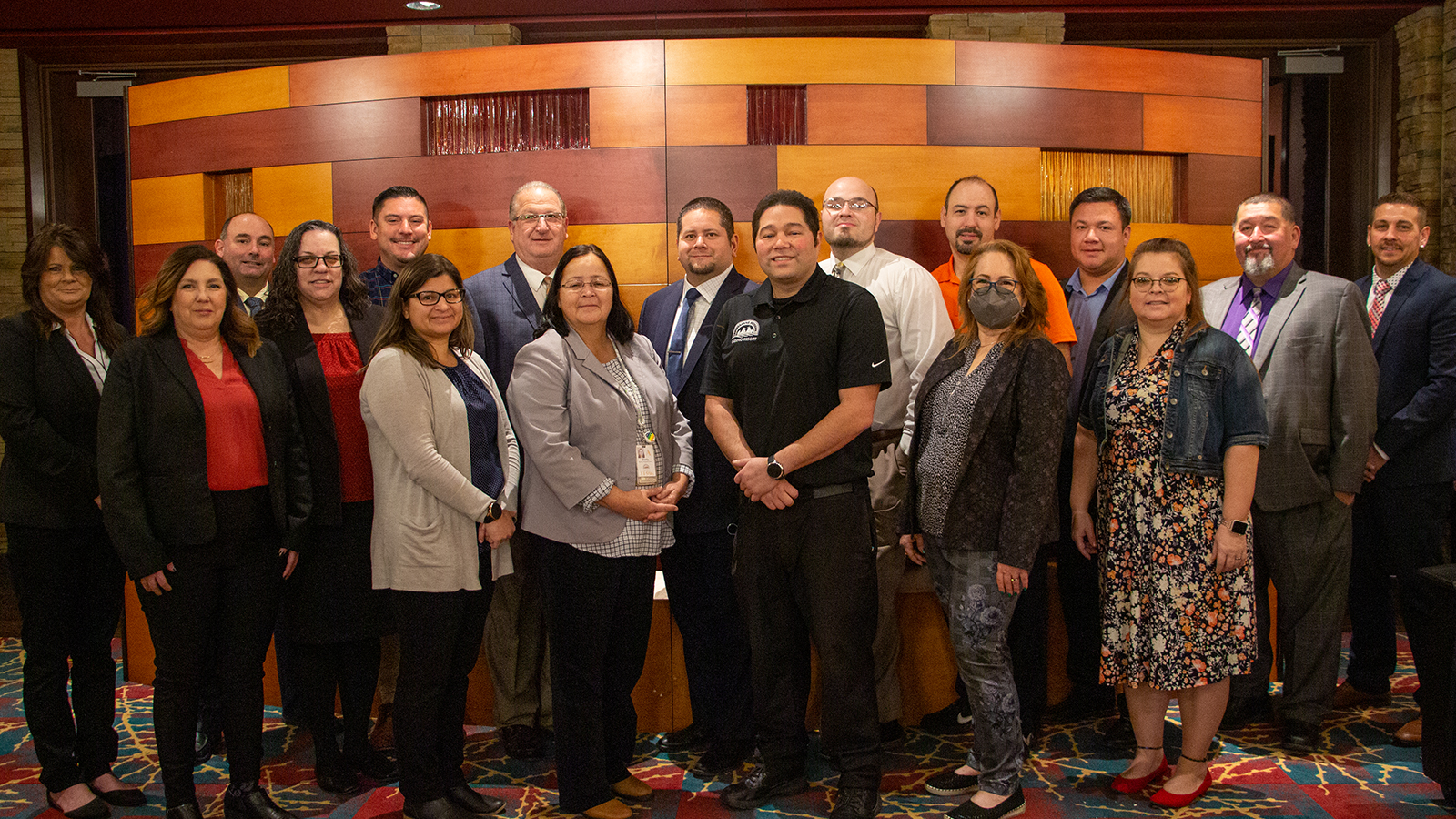Raving CEO, Deana Scott Interviews Maryellen Cooke, Talent & Leadership Development Manager, and Marvin Phillips, Casino Resort Director of Information Technology, Akwesasne Mohawk Casino Resort
It was March of 2020 and Akwesasne Mohawk Casino Resort, located in upstate New York on the Canadian border, shut their doors for what ended up being five months. Unlike most other Tribal U.S. casinos, about half their revenue comes from Canada, so revenues were impacted for two years after they reopened due to border restrictions. Canadian guests are just now starting to trickle back.
Maryellen Cooke, Talent & Leadership Development Manager at Akwesasne, shared, “At the time of shutdown, we had close to 800 team members actively working. We ended up furloughing about 91 percent of our team when we closed and kept on a skeleton team. For casinos that are open 24/7/365, the thought of being closed was, well … we didn’t even know how to do it. We didn’t know how to turn off the lights! It was a huge learning curve for us. And during those five months we were prepping and creating plans to reopen safely. The community was concerned.”

During that period, morale was low, the playing field had changed. For most casinos, the focus was on doing all these things around COVID-19 protocols. For the Akwesasne Mohawk team – they decided to do an immersive leadership training program. Remember, this is during a time period when other casinos wouldn’t even consider putting this on their radars. They jumped feet first into this intensive, future-looking initiative.
“Morale was low; our team was dealing with trauma from COVID-19. Many of our team members are long-term, tenured team members. It was hard coming to work and not seeing somebody who you’ve seen for the past fifteen to twenty years. So there was that trauma as well. We knew we had to do something. We had to work on our foundations to prepare us for the future,” shared Marvin Phillips, Casino Resort Director of Information Technology.
At Akwesasne, over 75 percent of their executive team are either Tribal members or they hold Native status with some Tribe. According to Phillips, “We know the benefits that our property brings to the community and surrounding communities. The number of Tribal members that we really have in management and executive leadership – that’s really a testament to how we see our property; we see the property as our own, we take ownership in it. And as Tribal members, we really want to see our property succeed. We really want everybody who works for us to succeed as well – that means all of the community members.”
 It was imperative that a program be created to not only restore morale, but to support the Tribe’s mission to lay a foundation for future leadership.
It was imperative that a program be created to not only restore morale, but to support the Tribe’s mission to lay a foundation for future leadership.
During the last several months, their team has been developing a foundation for current leaders and future leaders to help “build a better today and tomorrow.”
Cooke added, “One of the struggles we had initially was that we haven’t had a lot of opportunities for any part of management to work on cross-functional teams. This initiative really broke down some barriers of the siloed mentality and working with people from different departments. We had to really work through what it is like being on a cross-functional team. It was a big learning shift for us, and going forward, we can see all kinds of possibilities for having those skills.”
With 2022 chock-full of building the program, 2023 now means implementation. To find out more about their program and thought process during such a challenging time, watch the video interview here.



